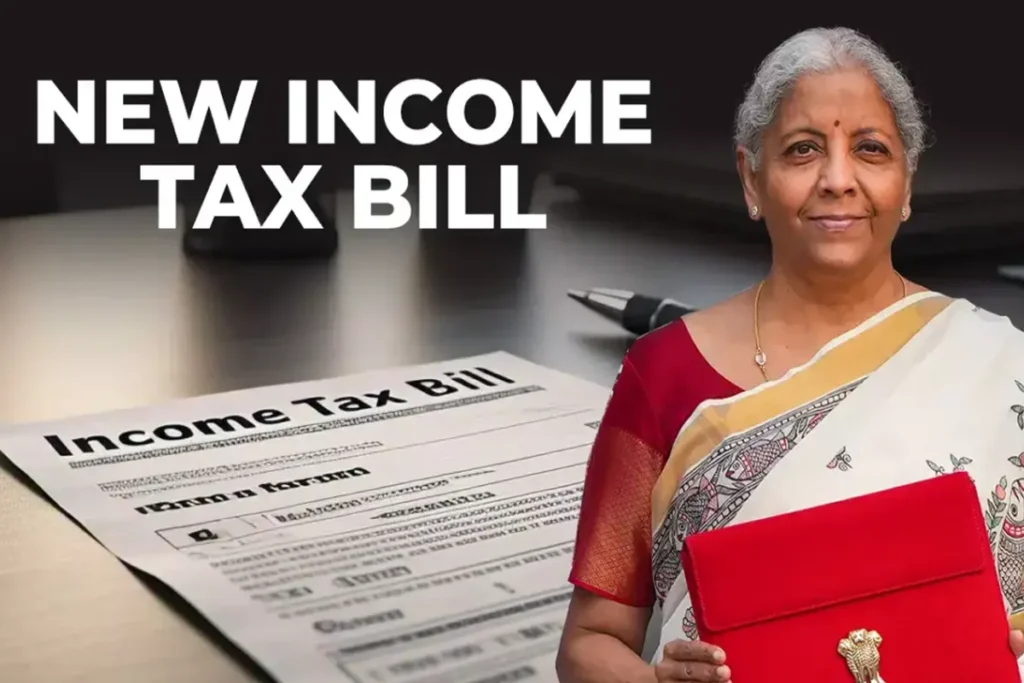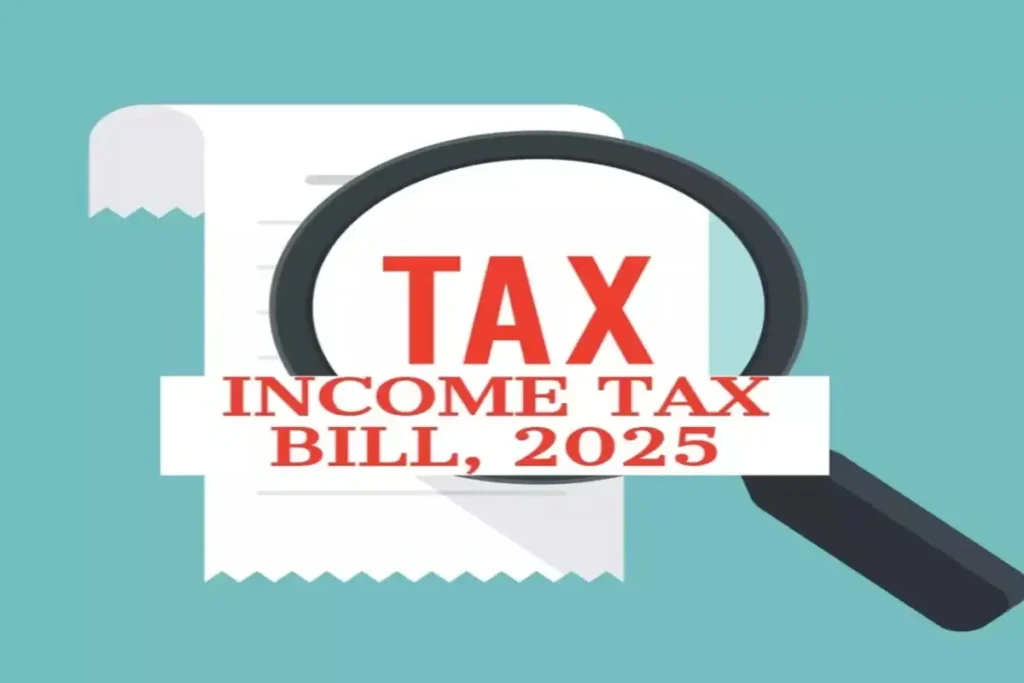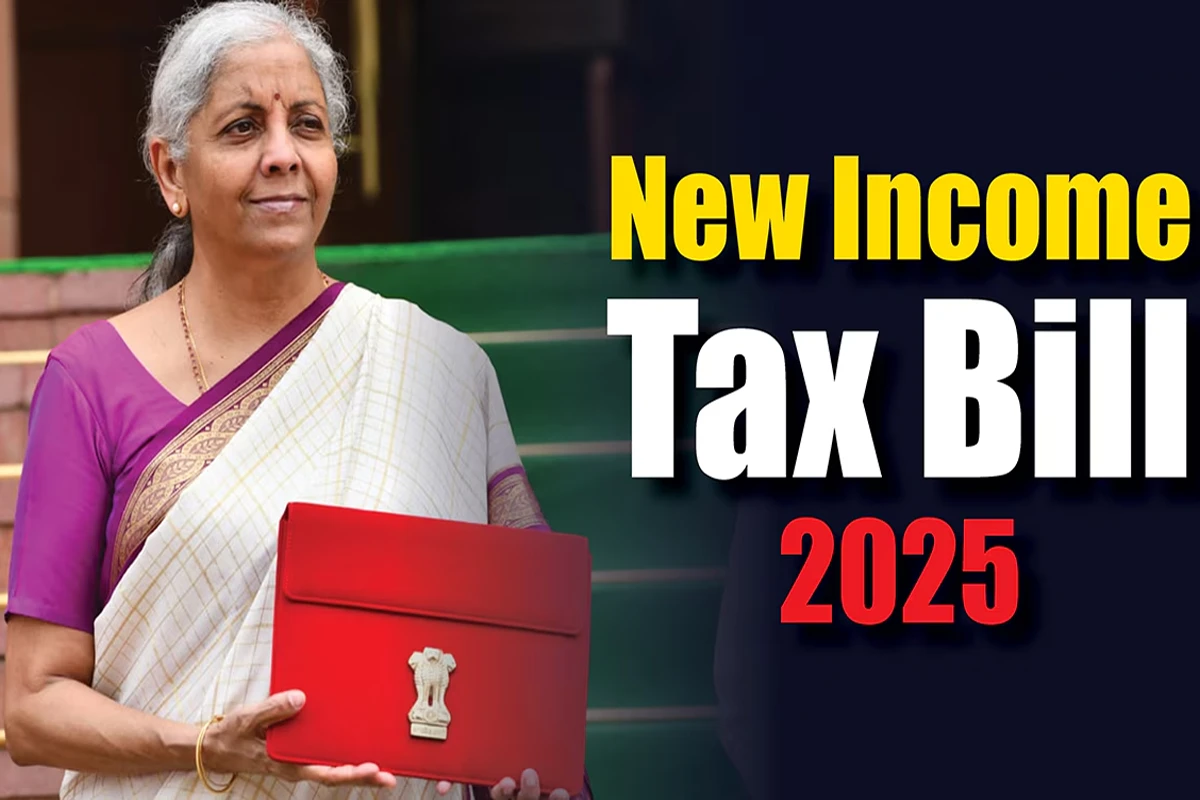New Income Tax Bill 2025—New draft introduced with top suggestions of Parliamentary Panel
A new story has started in the tax system of the country. The New Income Tax Bill 2025 has been reintroduced in Parliament, but this time with some important changes. Finance Minister Nirmala Sitharaman on Monday introduced a modified version of this new bill in Parliament, which includes many recommendations of the Parliamentary Select Committee. This is not just a legal change but a step that promises to make compliance simple and transparent for common taxpayers.
New Income Tax Bill 2025: Background and New Changes
Earlier on February 13, 2025, the Income-Tax Bill, 2025, was tabled in the Lok Sabha, which was going to replace the old Income-Tax Act, 1961. But updating the tax law running for 60 years was not so simple. Looking at the feedback of the committee and the suggestions of the stakeholders, the government decided to withdraw the previous draft and introduce a new, clear, and comprehensive draft.
The purpose of this bill is to modernize the taxation system, streamline digital taxation, make dispute resolution fast and fair, and boost the tax collection process with technology and data-driven methods.
Recommendations of Parliamentary Select Committee

The Parliamentary Select Committee, led by BJP MP Baijayant Panda, submitted a detailed report of 4,575 pages, which included 285 recommendations. The government accepted most of these recommendations. A lot of work was done in this process for drafting corrections, phrase alignment, cross-referencing, and legal clarity.
The biggest recommendations include:
- Revising the definition of “beneficial owner” so that those who receive share benefits directly or indirectly can carry forward their losses.
- Reversing the inter-corporate dividend deduction, which was not in the earlier draft.
- Provision of a standard 30% deduction after municipal taxes and extending pre-construction interest deductions to let-out properties.
New Income Tax Bill 2025: Ease for Individual Taxpayers
An important focus of this bill is to make compliance easier for individual taxpayers. The Committee has recommended that:
- ‘Nil’ tax deduction certificates should be issued so that unnecessary TDS can be avoided.
- Discretionary power should be given to waive the penalty on unintentional non-compliance.
- Small taxpayers should get a refund even on late ITR filing.
These changes will bring huge relief to those common people who face unnecessary hurdles in the tax filing process.
Clarity in Tax Disputes and Banking Sector
The Committee has suggested a clear definition of non-performing assets (NPAs) to end unnecessary disputes on interpretations of the tax and banking sector. It has also been said that the definition of “parent company” should also be made precise.
For nonprofit organizations and religious-cum-charitable trusts, the Committee has recommended that even if anonymous donations are received, their tax exemption eligibility should not be affected.
New Code by removing old references
The most unique recommendation is that all the remaining references to the Income-Tax Act, 1961, should be removed. This will create a clean and dispute-resistant new tax code, which will bring stability and legal clarity in the long term.
Impact of New Income Tax Bill 2025

If this bill is passed, it will have a direct impact on every category of taxpayer—be it a salaried employee, a small business owner, or a corporate entity. The new rules of digital taxation will regulate e-commerce, online services, and cross-border transactions. Simplifying the compliance process will increase transparency in the government’s revenue collection and reduce disputes.
Another important aspect is that this move of the government also gives a political and economic message—that India is modernizing its tax laws according to the business realities of the 21st century.
Conclusion
The New Income Tax Bill 2025 is a legislative step that will update the country’s tax framework with a new way of thinking. By incorporating the recommendations of the Parliamentary Select Committee, the Government has adopted a balanced approach—in which compliance is easy, disputes are fewer, and revenue collection becomes efficient.
Now all eyes are on Parliament to see how this bill will create real-world impact after it is passed. If everything goes as per plan, this bill can become a long-term game-changer, which will be a big step towards making the tax system fair, transparent, and modern.
Disclaimer:
This article is for informational purposes only. The details given in it are based on official government sources. It is important to seek advice from your financial advisor or tax consultant before taking tax-related decisions.
Also Read
Jio Finance Share Price Today: Why Investors Are Betting Big on Ambani’s Next Financial Revolution






